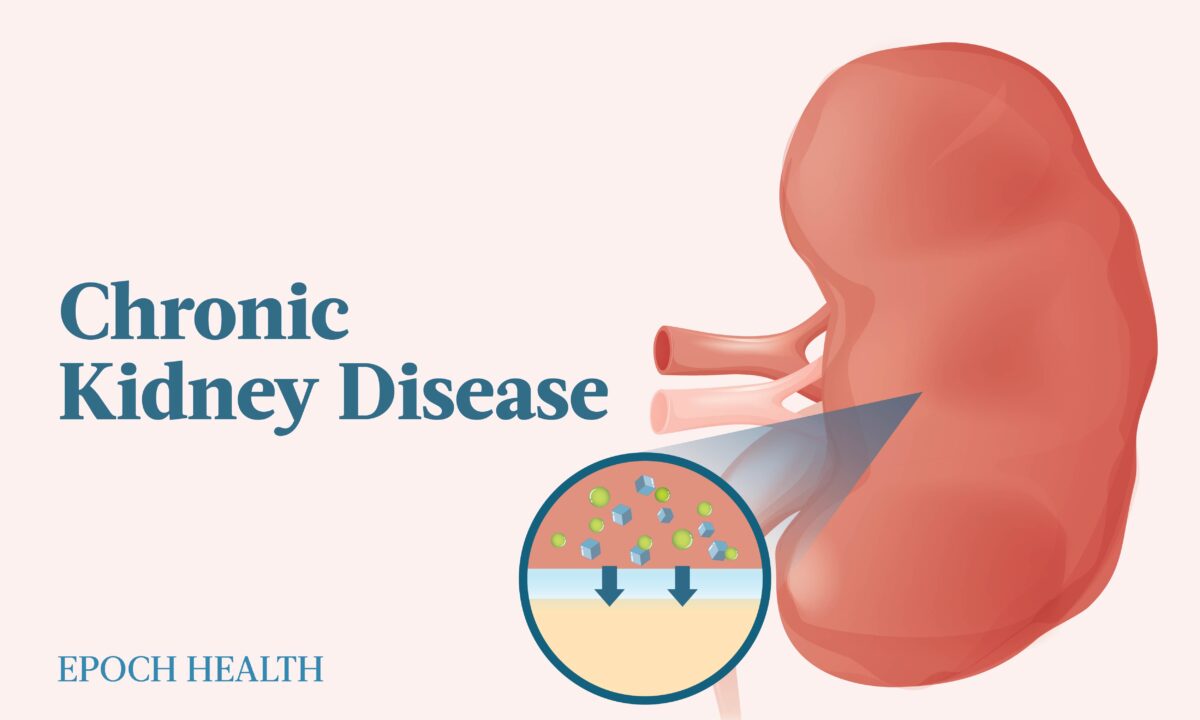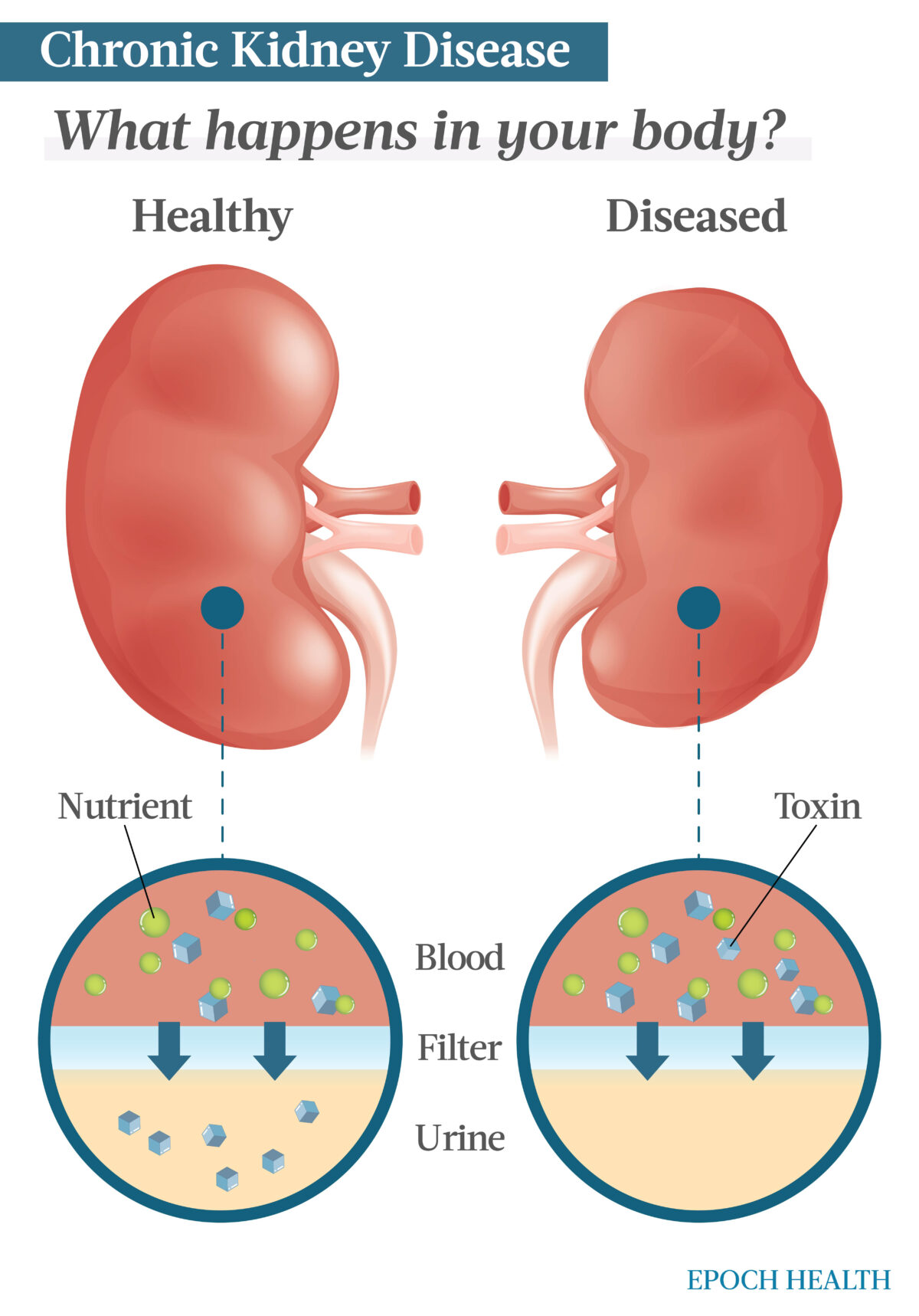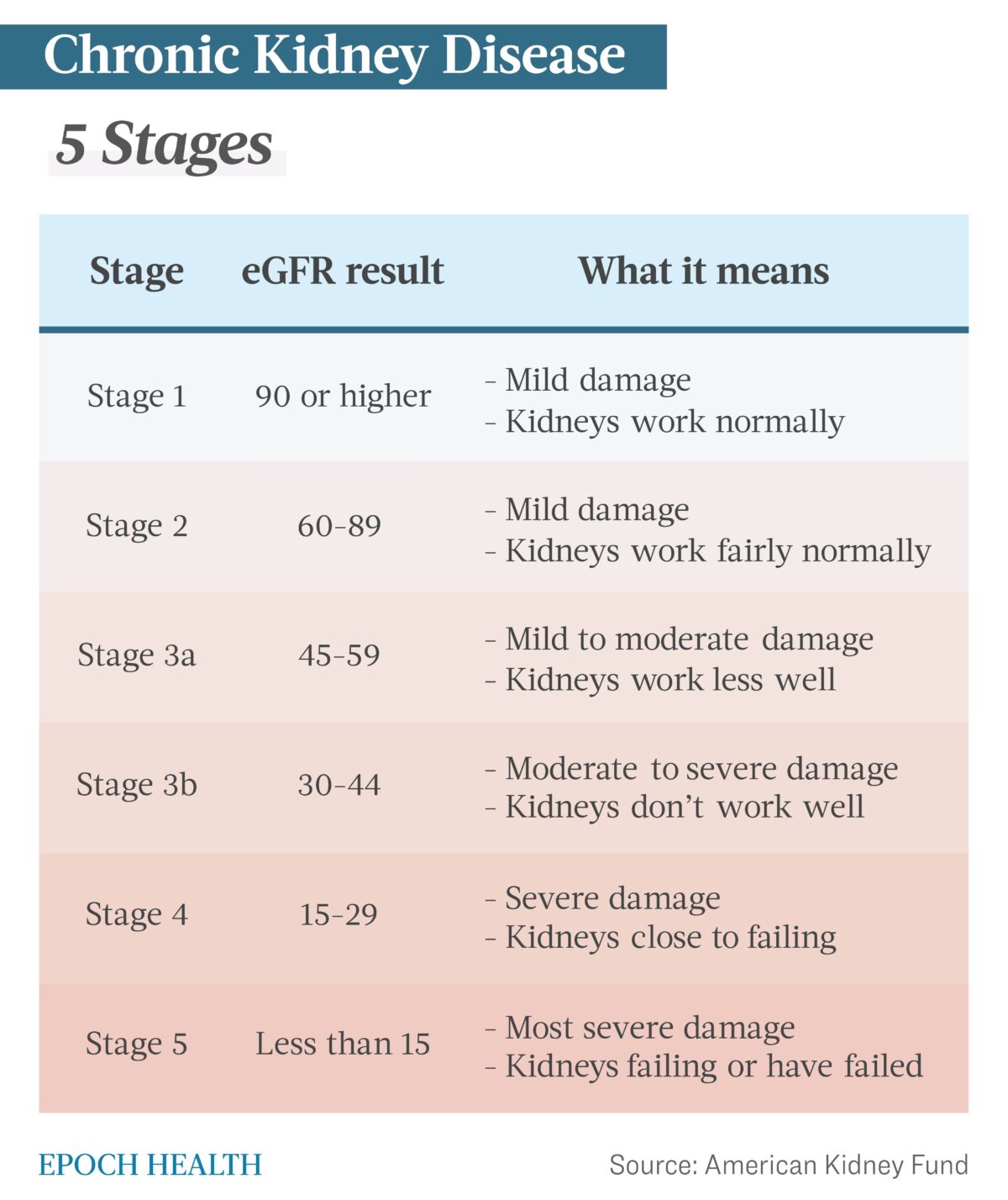


Chronic kidney disease (CKD) is a progressive disorder of the kidney that is also known as chronic kidney failure. Affecting over 800 million people worldwide, CKD is characterized by a slow loss of kidney function.
CKD is the eighth leading cause of death worldwide.
Symptoms of CKD occur over time and become more severe as the illness progresses. When kidneys are damaged, and their function deteriorates, patients experience a buildup of fluid, body waste, and frequently an electrolyte imbalance because of the kidneys’ inability to filter blood.
When kidneys begin to lose their function, the following symptoms may appear:
Because the symptoms of kidney disease are common and could also be caused by other conditions, it can be easy to overlook the seriousness of these signs. It’s essential to notify your provider of any of the above-listed symptoms to assist with early detection and help prevent irreversible damage to your kidneys.
Although the cause of CKD is not always known, high blood pressure and diabetes are among the most common causes.
When blood pressure is too high, the blood vessels in the kidneys narrow, eventually damaging the vessels and causing a reduction in the amount of blood flowing to the kidneys. When this occurs, the kidneys cannot appropriately remove the extra fluid and waste from the body. This fluid buildup in the blood vessels must be removed, and it may raise blood pressure if the kidneys cannot remove it.
One in 5 American adults (20 percent) with high blood pressure may also suffer from CKD.
CKD is commonly linked to diabetes. Around 1 in 3 adults with diabetes also suffers from CKD.
Similar to high blood pressure, diabetes can cause kidney damage to the point that they are unable to filter out extra fluid and waste. This happens when a person has too much glucose (sugar) in their blood. Type 1 or Type 2 diabetes can cause kidney disease.
Kidney disease caused by diabetes is referred to as diabetic kidney disease. When the condition presents itself, a protein in the urine called albumin is usually the first indicator to surface.
Aside from diabetes and high blood pressure, many other conditions have been identified as potential causes of CDK.
CKD is characterized by five stages. These are determined by the glomerular filtration rate (GFR) and estimated glomerular filtration rate (eGFR). GFR indicates the blood flow rate through the kidneys, while eGFR is a calculated number using a single blood test for creatinine. These tests measure the level of kidney function to determine the stage of the disease. Each increase in stage number reflects disease progression and further decline of kidney function.
These patients have a normal eGFR score of 90 or greater and mild kidney damage. At this stage, the kidneys are working well, and there may not be any noticeable symptoms, but signs like protein in the urine may be present.
Patients have an eGFR score between 60 and 89 with mild kidney damage. Kidneys are still working well for the most part, and there may still be no noticeable symptoms. However, signs such as protein in the urine or kidney damage may appear.
Stage 3 patients have an eGFR score between 30 and 59 with mild to moderate kidney damage. Kidneys are not working well and cannot appropriately filter fluid and waste. Excess fluid buildup may cause additional health problems such as hypertension. Symptoms such as swelling in the hands and feet, weakness, and fatigue are present.
Patients are categorized by two substages based on their eGFR results:
Patients compliant with treatment and adhering to healthy lifestyle changes may not progress to stages 4 or 5.
These patients have an eGFR score between 15 and 29 with moderate to severe kidney damage. This is the last stage before kidney failure. Kidneys do not work well and cannot filter excess fluid and waste. As a result, the patient is at risk of hypertension and heart disease. Symptoms such as lower back pain and swelling in the hands and feet appear.
Stage 5 patients have an eGFR of less than 15 and severe kidney damage. Kidneys are near failure or have already stopped functioning. When the kidneys have stopped filtering, waste builds up in the body, causing patients to become extremely sick and develop other health conditions. Treatment options at this time include dialysis or a kidney transplant.
Many factors can increase the risk of developing CKD, including race. However, the main reason for increased risk in these populations is due to a high prevalence of hypertension and diabetes. The following types of people are at risk:
A health care provider may order one or more tests to evaluate, assess, and stage a patient for chronic kidney disease. Sometimes, a biopsy containing kidney cells may be recommended to determine the cause of your problem. A biopsy is performed under local anesthetic and then sent to the lab for study. In addition, an ultrasound may be used to determine the size and structure of your kidney. Your doctor may also order a lab test.
Numerous complications associated with CKD can impact nearly every part of the body. Complications may include:
Treatment recommendations for CKD depend on its type, stage, and cause. Some types of the disease can be treated, though CKD is often incurable.
Your physician will treat the disease’s cause and control complications to improve your quality of life. Treatment methods may include:
There are no cures for some types of CKD, and people with end-stage disease may require dialysis or a kidney transplant.
Some patients choose not to undergo dialysis or a kidney transplant. Instead, conservative measures, such as palliative and comfort care, are used when this choice is made.
Patients living with CKD experience both physical and psychological effects (pdf). Managing mental health is as important as treating your physical well-being. It’s common for dialysis patients to be angry, frustrated, and feel like they have lost control over their bodies and life. This can often lead to anxiety, depression, difficulty sleeping, and other psychological challenges.
While we can’t help how we feel, we can control how we react and respond to those feelings. Staying positive can make a huge difference in your overall outlook and the happiness you experience in daily life. The following tips may help you maintain a positive and healthy mindset:
While kidney damage can’t be repaired once it’s occurred, a few natural approaches can improve your health. Kidney disease is a complex condition where special dietary restrictions and an exercise plan might help improve kidney function and overall health. Physical activity helps keep your kidneys healthy by supporting and maintaining weight loss and helping control blood pressure. Aim for getting at least 30 minutes of aerobic exercise most days of the week. These activities might include swimming, dancing, walking, hiking, etc.
Maintaining a proper diet is essential, too. Dietary recommendations might include the following:
Your physician may recommend supplements to ensure sufficient levels of certain nutrients. Recommendations may include:
While studies indicate certain herbs and medicinal plants could be effective in mitigating CKD, it is always recommended to speak to your physician or a professional integrative or traditional Chinese medicine (TCM) health care provider before starting any regimen. Herbal medicines can undoubtedly benefit the kidneys, but they should be used cautiously in kidney disease patients to avoid overstimulating the kidneys. Kidney Coach has several home remedies that may help slow or stop the progression of CKD, though none is proven to work.
CKD can potentially be prevented by controlling risk factors. If you have an increased risk of developing the disease, getting routinely checked for CKD is essential. You should also be assessed yearly if you have already been diagnosed with diabetes.
To keep your kidneys healthy and potentially prevent CKD, it’s essential to reduce your risk factors by doing the following:
Medically reviewed by Beverly Timerding, MD.


